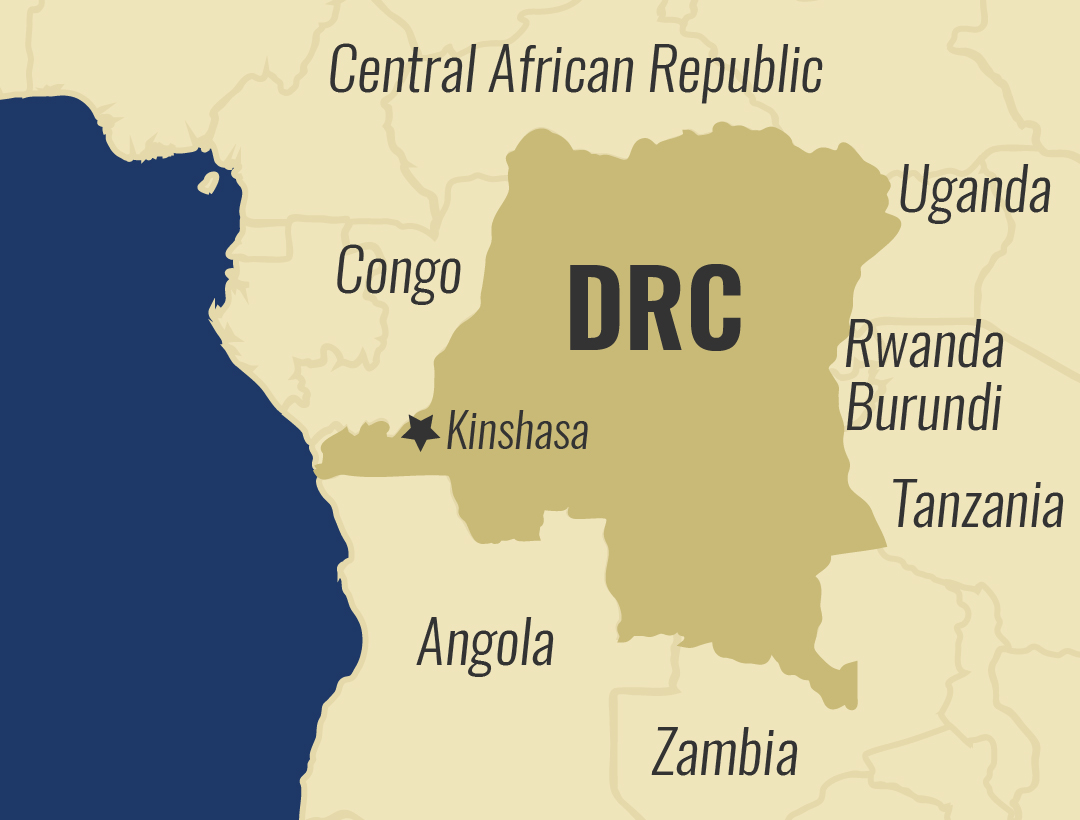Faces of Africa – Mugabe: The Old Man and the Seat of Power
The late Robert Gabriel Mugabe was Zimbabwe’s former president and the longest serving leader in Africa.
Mugabe was born in 1924 to a Malawian father and a Shona mother in Southern Rhodesia now Zimbabwe. He was raised by his mother a teacher after his father, a carpenter, abandoned the family in 1934 after the death of his eldest son.
Having being raised a Roman Catholic, Mugabe studied in Jesuits and Marists’ schools.
Fr. O’Hea the principal at the Jesuit high school became a father figure to Mugabe. He encouraged him to go into teaching.
“Fr. O’Hea was an inspiration to him. Robert Mugabe speaks English better than some of the British people, he learnt from Fr. O’Hea,”told Fidelis Mukonori – Mugabe’s family priest.
Mugabe loved reading and as a result he has attained seven degrees. He became a teacher and went to teach in Zambia and Ghana from 1955 to 1960.

While teaching in Ghana he met Sally Hayfron. Sally was a teacher too.
“She was a teacher. We just became friends then I got to know her background. Had good parentage and had been brought up well,” recalled Mugabe.
During his stay in Ghana, he was influenced and particularly inspired by Ghana’s then Prime Minister Kwame Nkrumah and how he led the country into independence. This experience would come in handy when Mugabe returned to his homeland to introduce his fiancée to his family. The country he left had changed and whites dominated.
“It was a hard time for us blacks. There were segregated institutions. We were discriminated in public places. We couldn’t walk the streets of Harare without being harassed,” recalled Rugare Gumbo – former minister, Mugabe’s government.
This did not settle well with Mugabe.
This provoked Mugabe’s career change from teaching to politics. He started addressing protest crowds and praised Ghana’s Marxist stand that led to the country’s independence.
“I was impressed by his articulation of issues. He’s a very articulate person. I was also impressed by his knowledge on the history of Ghana, how Ghana got its independence” told Rugare Gumbo. Only a few weeks back home, he was elected secretary of the National Democratic Party.
But in 1963, Mugabe, alongside others founded Zimbabwe African National Union (ZANU) party. The party pledged to use any means including violence to achieve independence.
The colonial government felt Mugabe was a radical nationalist and they jailed him for ten years from 1964. While in prison Mugabe stayed busy. He got two law degrees while incarcerated. But still while in prison Mugabe managed to stir events for ZANU party.

Upon his release he led the party and was one of the key negotiators in the 1979 Lancaster House Agreement which led to the creation of a fully democratic Zimbabwe. He was elected prime minister and later president.
For the next one decade after independence, the country’s economy rose to about 11.5% and the Zimbabwean dollar became stronger than the American dollar.
One of Mugabe’s priorities was to educate Zimbabweans. He also took economic initiative to spur the country’s economy by introducing a five-year plan in 1989 that allowed farmers to set their own prices. This paid off immediately as the agricultural sector grew progressively.
After the success of the agricultural sector, in 2000 Mugabe decided to distribute land from white settlers as they had occupied fifteen million hectares of farm land. He then transferred three million into black hands for farming.
“Since the majority of our people depend on the land for sustenance and livelihood, we need to ensure they have access to the land, and that Africans vast agricultural potential, is fully earnest,” told the former president of Zimbabwe, Robert Mugabe.
“We were held under siege and forced into closure on the farm in 2000,” said John Worsely, a white farmer.
Mugabe was then to compensate the white farmers and have the new black farmers taught how to farm. But local politics and unfulfilled pledges of financial help from the British government doomed the program to failure.
The unpremeditated consequences were a huge drop in productivity and eventually, a food crisis.
“What we have, even the former president regretted it during his 91st birthday interview, was that he allocated people big portions of land that they were not able to farm,” said Patrick Russo, a journalist and political analyst.
Maintaining his popularity among Zimbabweans, Mugabe won the 1990 polls with 83% of the popular vote. In the 1996 poll, he won with 90% after a withdrawal, shortly before the election from his opponents Abel Muzorewa and Ndabaningi Sithole. And in 2002, against Morgan Tsvangirai, Mugabe won by 14%.

It was in 2008 elections that Morgan Tsvangirai stood against Mugabe and lost due to boycotting a rerun. Tsvangirai was then appointed as the Prime Minister of Zimbabwe. They worked together to revive the country’s economy that had dropped in eighteen years due to inflation.
In 1980, the Zimbabwe Dollar stood at 1 ZWD to 1.47 USD, while in 2008, it stood at 2,600,000,000 ZWD to 1 USD. In 2009, Zimbabwe started using the US Dollar as the official currency that stopped the economy’s hyperinflation.
As a symbol of British anger at human rights abuses in Zimbabwe, Robert Mugabe’s honorary degrees from The University of Massachusetts and the University of Edinburgh were rescinded, while stripped off his British Knighthood that he had received in 1994 from the Queen.
“Unfortunately, human nature is such that you remember the most immediate, you don’t remember the distant,” Simba Makoni, a former Minister in Mugabe’s Government said.
In November 2017, Robert Mugabe bowed to pressure from the military and stood down as the president of Zimbabwe, ending his 37 years in ruling.

Mugabe passed on 6th September 2019 in Gleneagles Hospital, Singapore, aged 95 years.





